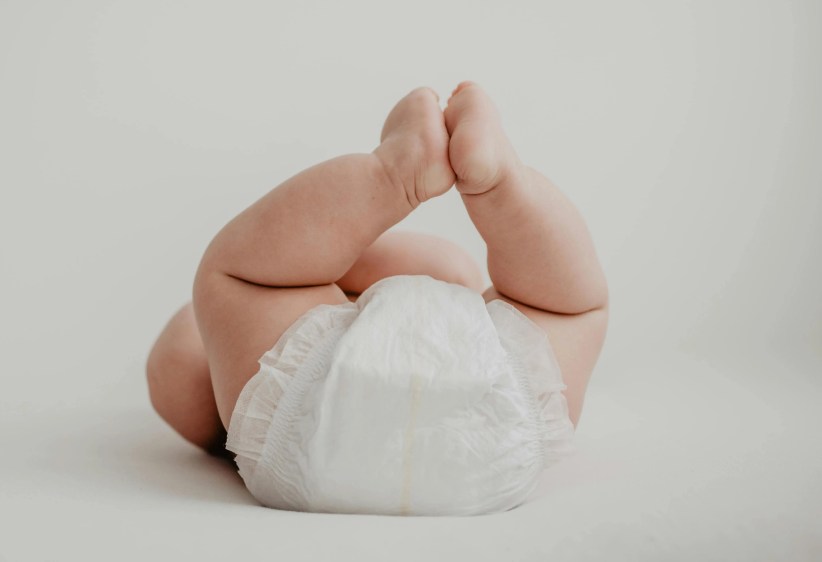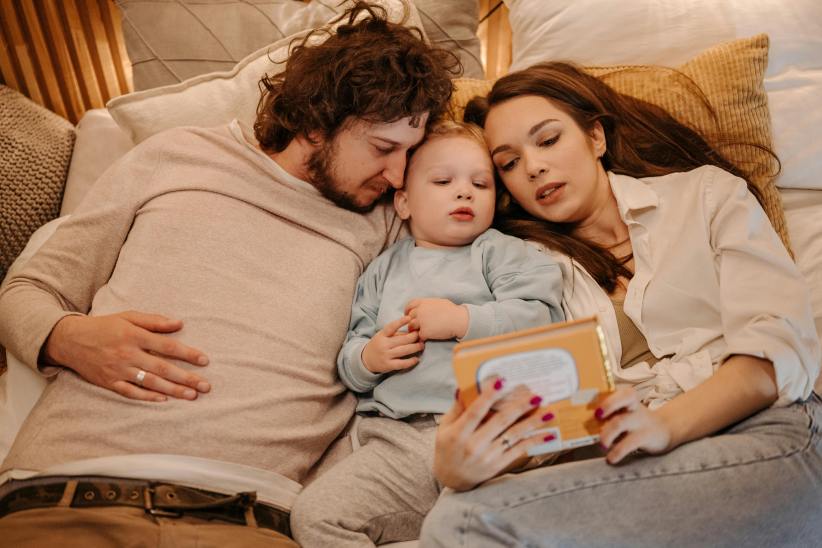Prenatal yoga has become so prevalent it’s hard to think of its popularity as a relatively new phenomenon. To better understand its appeal–and what to expect from both prenatal and postnatal yoga classes–we couldn’t think of a better person to ask than Debra Flashenberg, the Founder and Director of the Prenatal Yoga Center. —
In addition to teaching yoga, Flashenberg is also a labor support doula and childbirth educator, and a good, fun person to talk to about musical theater, her first profession.
Here’s what she had to say about prenatal and postnatal yoga:
Why Prenatal Yoga?
For many women, they are choosing prenatal yoga as an alternative to the activity they were previously involved in, like running or cycling. For others, it is a natural transition from their already established yoga practice. One of the attractions to prenatal yoga is the sense of community. It is unlikely that the pregnant woman already has a network of friends that are going through pregnancy at the exact same time. It is so helpful to come into a space of women that are experiencing the same physical and emotional journey.
Another appeal to the practice is the hope to help alleviate many of the aches and pains associated with pregnancy. As the Director of the Prenatal Yoga Center, I put a lot of emphasis on our teachers being very familiar with therapeutic applications of pregnancy discomforts and having the skill set to help remedy these common issues.
While Childbirth Education (CBE) is a major staple in our teaching at PYC, I can only hope that this is a pillar in other types of prenatal yoga classes. I know some prenatal yoga classes focus more on simply adjusting the asana practice for the pregnant body and leave the CBE for another class entirely. Our approach at PYC stems from my background and the background of many of our teachers as certified childbirth educators. That said, I don’t think a prenatal yoga class should be a substitute for an organized CBE class. I think the work done in both a prenatal yoga class and a CBE class or workshop nicely complements one another.
Why Postnatal Yoga?
The postpartum period is deceivingly complicated. Many may think, “Well, the baby is out, I should be back to normal and can just jump back into my old routine or former yoga practice.” The fact is that this idea far from correct. During pregnancy the strength of the pelvic floor, abdominal muscles and the back muscles have been compromised. The center of gravity has shifted and the joints are still unstable. Some time should be dedicated to restoring these atrophied areas. For up to six months postpartum, the body still contains relaxin, the hormone responsible for softening ligaments and tendons, which leads to joint instability. Our postnatal classes are structured in such a way to promote injury prevention, and encourage smooth transitions between asanas (poses).
We offer postnatal yoga classes and mommy and me classes that specifically focus on rebuilding the parts of the body that have been weakened during pregnancy and relax the other parts of the body that are over taxed during postpartum, such as the neck, shoulders and upper back. We also include some much needed restorative poses into the class. If we don’t offer the new mother a few minutes to rest and restore, when else is she going to get that opportunity?
One of our regular postnatal yoga students recently attended a “normal” yoga class and explained that she was surprised that the class didn’t focus on any pelvic floor strengtheners. I reminded her that while a strong healthy pelvic floor can benefit everyone, it is not really on the radar of those outside the prenatal and postnatal community.
This leads me to one of the most important aspects of our postnatal programs-being a part of a community! As a new mother, one of my favorite things about the postnatal yoga classes I teach and attend are the 15-20 minutes before class when all the new mothers can chat (lament!) about what is going on with their bodies and their baby. This community of women is not competitive or catty, but truly understanding, supportive and funny! I plan on staying in postnatal yoga for a long time. If you really think about it, once a woman had a baby, isn’t she always considered “post” natal?






















